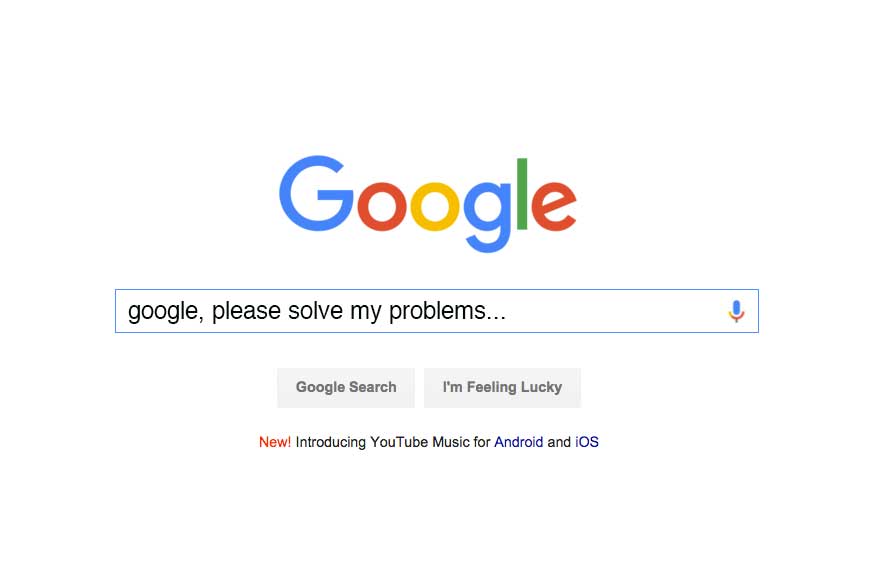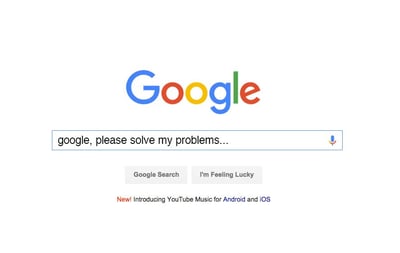SEO vs. PPC Keyword Strategies: General Concepts & Methodologies Behind Building Them Out for Your Business/Website

Business owners and marketers looking to generate revenue online need to choose the right keywords for their online  marketing strategies. But, the right keywords for the job may differ dramatically whether you are running an SEO or PPC campaign. Organic and paid search strategies require different keywords and a different approach.
marketing strategies. But, the right keywords for the job may differ dramatically whether you are running an SEO or PPC campaign. Organic and paid search strategies require different keywords and a different approach.
The mindsets that you take to strategize your PPC and SEO keyword efforts are markedly different. Together, they create an overarching strategy that gives your business the best exposure to the prospects most open to your marketing message. The more search engine results ‘real estate’ your business owns, whether through PPC ads or SEO rankings, the more likely your brand will capture the search business than your competitors – and strategic keyword plans will be the foundation for this process.
PPC Strategy
When it comes to pay-per-click keyword strategy, you want to cast a wide net. Think of every possible keyword and all of the modifiers a qualified searcher might use. Are you a roofer advertising? Use multiple variations such as “roofing expert”, “denver roof repair”, “roof hail damage”, “roofing contractor”, “fix roof”, “roof shingles”, “asphalt roofing”, “roofing cost”, “redo roof” – the list could go on and on…
Build out short tail keywords that have high search volume for qualified traffic. Build out long tail keywords, even if they are only clicked once a month, they are worth the cost if they convert! With your long tail keywords, competition does not matter as much as our experience shows many online advertisers miss out on major long tail PPC keyword opportunities.
As long as you can outbid your competition on your selected paid search keywords, you can get better placement and capture the clicks And, since you will probably also be using geo-targeting and other pay-per-click filtering tools, you only need to win the eyes that are most relevant to your business. Between carefully curating who sees your ad and liberally applying the search terms that puts it in front of them, you can get the best results for your PPC budget.
SEO Strategy
With SEO, you want to get more granular and precise with the keywords that you target. You only have so much space in a blog post, web page or other web asset to use them without ‘keyword stuffing’ and triggering Google ranking penalties. Stick to one idea instead of taking a shotgun approach. If you try to hit every relevant keyword, you risk poorly written work that won’t resonate with the visitors on your website, as well as jeopardize your organic rankings.
The trick is to pick keywords and searches that are high in search volume but low in competition if applicable. Very few people ever search past the first page of Google results; if you aren't there, you are invisible when it comes to garnering organic traffic through search engines.
It's also important to remember that the use of keywords in SEO has changed. It's no longer about keyword density; as long as the keyword you are targeting appears in your headline and at least once in a header, you have probably used your keyword enough. In search, it is more about meaning and user intent of your content. According to Google's own research, about 70% of search results are actually optimized for synonyms of the searched term. Find questions and queries that are not being answered, and be the one to answer those.

November 26, 2015
